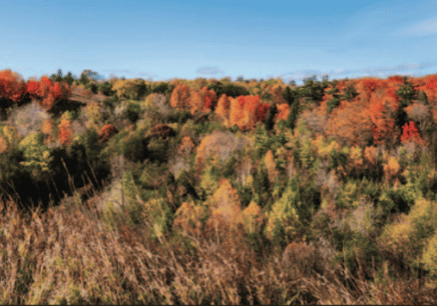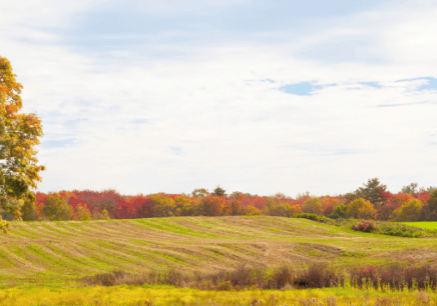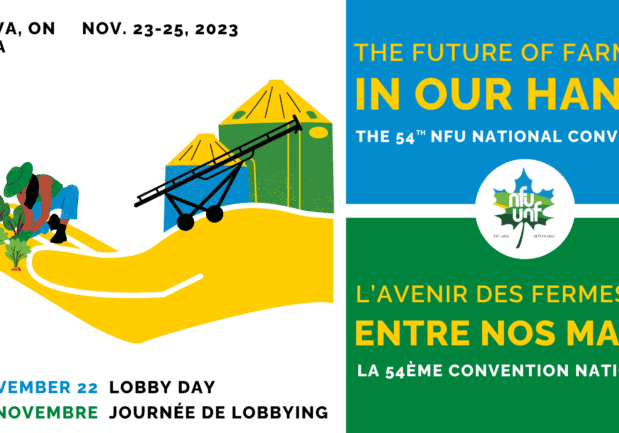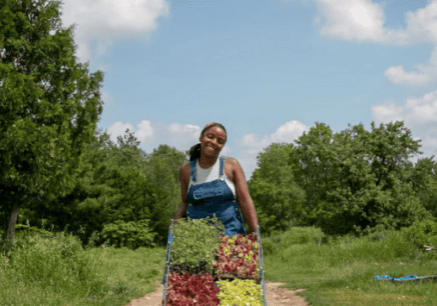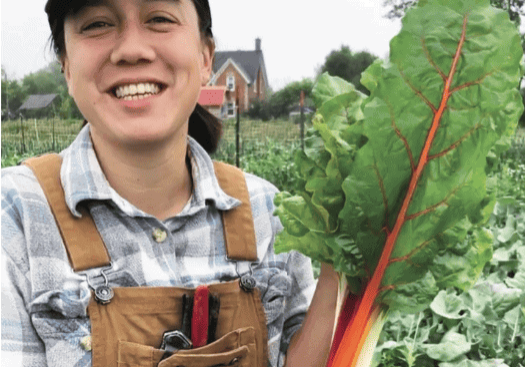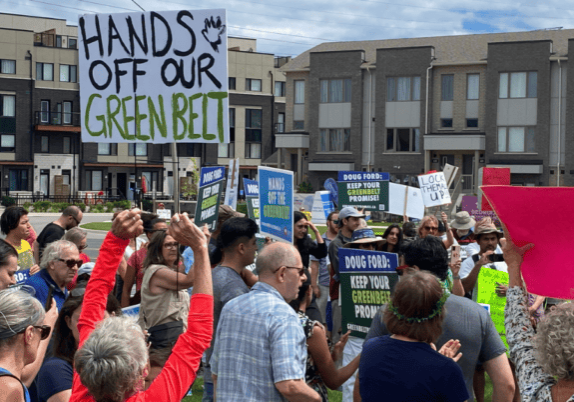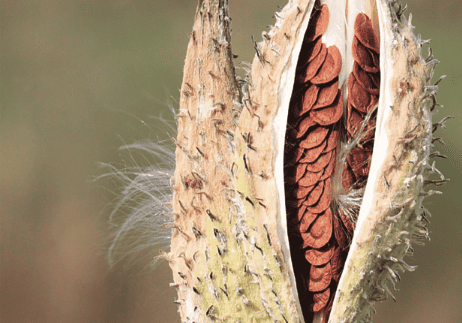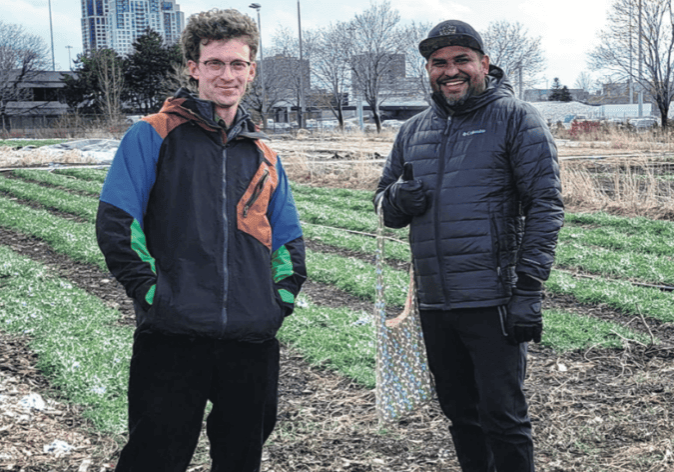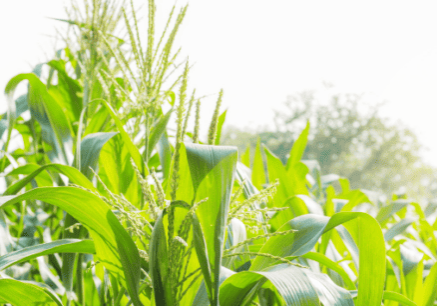Op-Ed: Growing Concerns — Food & Agriculture’s Absence from Public Discourse
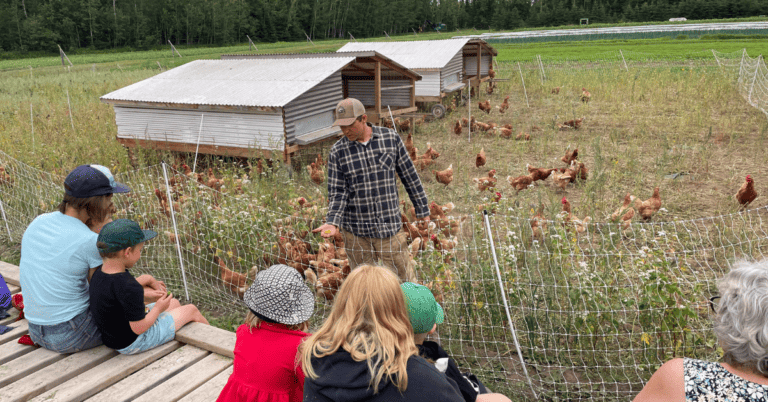
By Brendan Grant
We’ve tried our best recently to refrain from using the “F” word, but with rapidly shortening days, some very chilly recent nights, and Labour Day right ahead of us we can no longer deny that fall is here.
I like fall time best when it comes with a provincial or federal election. That of course will not be the case this year, but nonetheless I like election season because it serves as somewhat of a snapshot in time that captures what is important to both candidates and voters alike. Curiously, concern for our domestic food system never seems to get debated along the campaign trail. Education, health care, economy, and foreign policy are perennial topics debated during election season but for some reason no time is ever made for speaking about something so basic and fundamental to our well-being as the food we eat. I honestly can’t understand why food and agriculture is not at the forefront of national or provincial conversations.
Ironically we ignore the topic of food and agriculture during election season, but then spend the next 4 years lamenting the rising cost of food.
As a society we consistently fail to acknowledge the need for farmers and we somehow are blind to the correlation between a robust domestic food system, and affordable food for consumers. Is it not obvious that foreign food imports come at a high cost of transportation, handling, and spoilage – not to mention the social, environmental, and climate costs associated with that food? Procuring one’s food locally makes sense on so many different levels.
The COVID-19 pandemic underscored what living in a global economy really means, and it highlighted the precarity of our modern supply chain. Now that we are, for the most part, on the other side of the pandemic I wonder if as a society we feel differently about relying so heavily on foreign imports to meet our most basic human need to eat.
One of the positive outcomes of the pandemic is a renewed interest in local farms. All of the farms across our country stitch together to form a fabric we know as our domestic or local food system. A strong and reliable local food system depends on three things: land, people, and on-going government support.
Currently the biggest threat to our domestic food system is land prices. For farmers just starting out, the biggest barrier to entry into the industry is access to affordable land. Government has a role to play in both protecting agricultural lands from development as well as foreign investment which inflates value out of reach for those willing to do the important work of farming.
The current Ontario government has demonstrated through the Greenbelt scandal that they are neither truly committed to protecting some of the best agricultural land in Canada, nor sensitive to the impact inflated land prices has on our future food supply. Opening up protected land for development is unethical and, according to the headlines, potentially criminal.
Imagine if the provincial government announced they were going to address Thunder Bay’s housing shortage by selling Kakabeka Falls Provincial Park to a private developer who would turn the campground into a condo complex. What right does a 4-year term government have to take away a finite resource which belongs to future generations?
I am a Regional Director on the National Farmers Union Ontario (NFU-O) board and through my work with this organization have gained some sobering insight to how agriculture intersects with government policy on both provincial and national levels. Suffice to say that most governments across this country view agriculture as a mere piece of the economic puzzle within a particular region. There is no reverence for the important work farmers do, nor is there wisdom in decision making that may benefit those who follow in our footsteps. The difference between farming and other industries is that the farming industry is responsible for producing the very thing that meets our most basic human need (eating). Theoretically we could continue to exist without education, healthcare, transportation, or manufacturing, but we could not exist long without eating. Farming is the original “essential service”.
For that reason, work on land access has been a major focus for the NFU-O over the last few years. Whether it is development pressure, foreign real estate investors, or simply corporate mega-farms gobbling up arable land, it is seemingly impossible for a person to get started in farming anymore.
If you think it doesn’t happen around Thunder Bay you’d be wrong. Rural properties always sell for more than their agricultural productive value. People are willing to pay a premium on land outside the city because of the view, the lifestyle, or personal space it affords. As more and more people give up the daily commute thanks to a “work from home” employment situation, prospective farm land gets further and further out of reach from the next generation of farmers.
The situation of dwindling farmland will continue to prevail until the occupation of farming yields a comparable wage to that of the average middle class worker. But then again, for a farmer to realize a wage equivalent to the average middle class worker the cost of food would have to increase dramatically. If that happens then people would certainly have something to complain about and maybe then our government would start being proactive in protecting the very resource that we all depend on.
Brendan Grant and his wife Marcelle Paulin own Sleepy G Farm along the north shore of Lake Superior near Thunder Bay, Ontario. Brendan is the current President of NFU-O Local 333, which represents NFU members across all of Northern Ontario, and the Vice-President of the NFU-O’s Regional Council.
